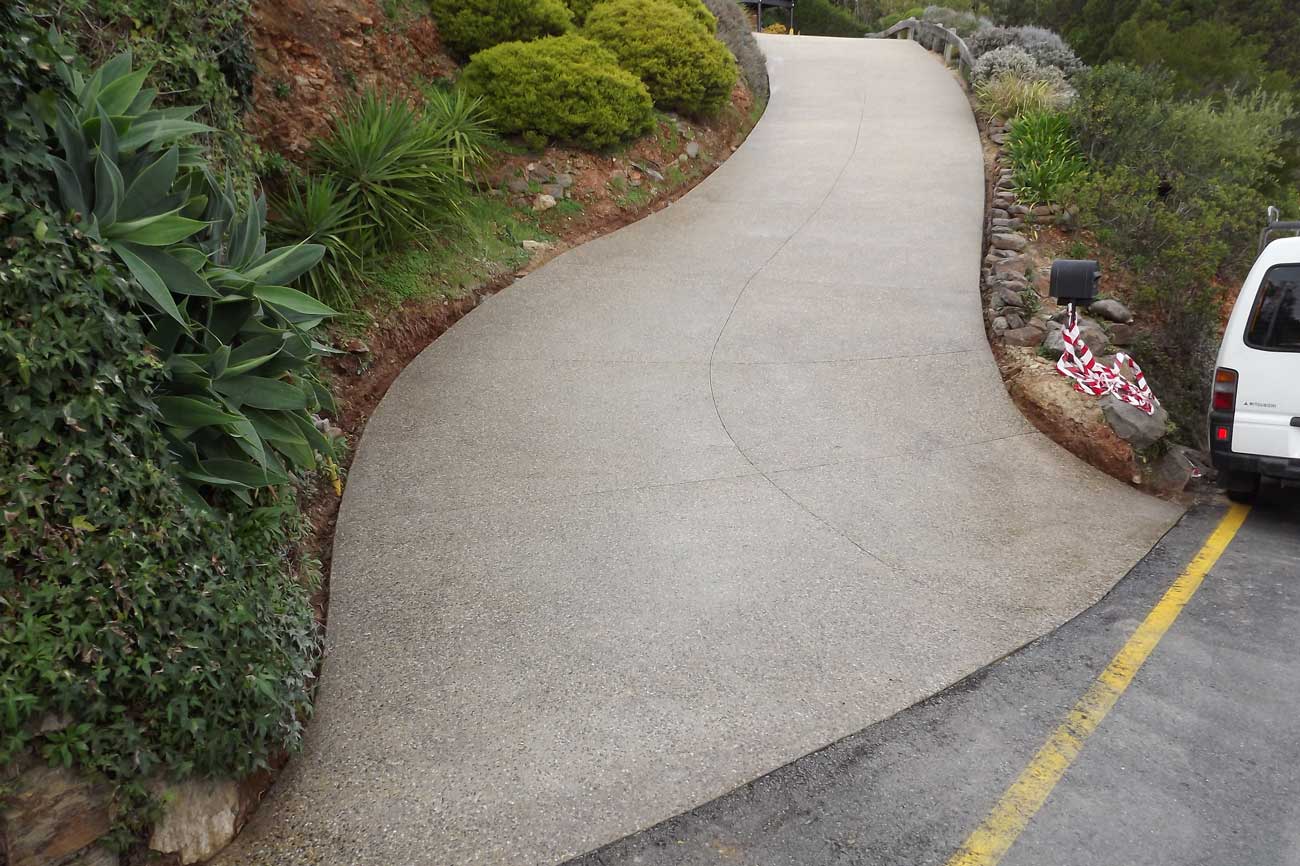

Articles
What Type Of Concrete Is Best For A Driveway
Modified: December 7, 2023
Looking for the best type of concrete for your driveway? Read our informative articles to find expert advice and tips on choosing the right concrete for long-lasting durability and aesthetic appeal.
(Many of the links in this article redirect to a specific reviewed product. Your purchase of these products through affiliate links helps to generate commission for Storables.com, at no extra cost. Learn more)
Introduction
When it comes to constructing a driveway, one of the most important decisions you will need to make is choosing the type of concrete to use. The right choice can ensure a durable and visually appealing surface that withstands years of vehicle traffic and enhances the curb appeal of your property. With several options available, it’s crucial to understand the different types of concrete and their benefits before making a decision.
In this article, we will explore the various types of concrete that are commonly used for driveways. We’ll discuss the factors you should consider when choosing the best option for your specific needs and provide a comprehensive overview of plain concrete, exposed aggregate concrete, stamped concrete, colored concrete, and pervious concrete.
By the end of this article, you’ll have a better understanding of the pros and cons of each type of concrete, allowing you to make an informed decision and ensure that your driveway not only stands the test of time but also enhances the overall aesthetics of your property.
So, without further ado, let’s dive into the world of concrete driveways and explore the options available to you.
Key Takeaways:
- Choose exposed aggregate concrete for a durable, low-maintenance driveway with a touch of elegance and slip-resistant finish, enhancing your property’s curb appeal and longevity.
- Opt for colored concrete to personalize your driveway with vibrant hues while maintaining durability, offering a visually appealing and long-lasting solution that complements your home’s exterior.
Read more: What Is The Best Concrete Driveway Sealer
Factors to Consider
Before delving into the specifics of each type of concrete, it’s important to consider a few factors that will influence your decision-making process. By carefully evaluating these factors, you can choose the concrete that best suits your needs and budget.
1. Durability: Your driveway is subjected to constant vehicle traffic and weather conditions, so durability is a crucial factor to consider. Look for a concrete type that can withstand heavy loads, resist cracking, and endure frequent use without significant wear and tear.
2. Aesthetics: The appearance of your driveway can greatly impact the overall look of your property. Decide whether you prefer a plain, minimalist design or a more decorative and visually appealing option. Consider the color, texture, and pattern that will complement the style of your home and landscape.
3. Maintenance: Different types of concrete require varying levels of maintenance. Assess how much time, effort, and resources you are willing to dedicate to upkeep. Some concrete options may require regular sealing or cleaning to maintain their appearance and longevity.
4. Cost: Budget is a significant consideration for most homeowners. The cost of materials, installation, and long-term maintenance will vary depending on the type of concrete you choose. Keep in mind that while some options may have a higher upfront cost, they may save you money in the long run due to their durability and low-maintenance characteristics.
5. Environmental Impact: If sustainability is important to you, consider opting for a concrete type that is environmentally friendly. Look for options that promote water drainage, minimize heat island effect, or incorporate recycled materials.
By taking these factors into account, you can narrow down your options and make a more informed decision about the type of concrete that will best meet your needs.
Plain Concrete
Plain concrete, also known as regular or traditional concrete, is the most common and basic type used for driveways. It consists of a mixture of cement, water, sand, and aggregate, providing a reliable and durable surface.
One of the main advantages of plain concrete is its affordability. It is typically the least expensive option among the various types of driveways. Additionally, it is relatively easy to install, making it a popular choice for homeowners on a budget.
While plain concrete may lack decorative elements, it offers several benefits. It is known for its strength and durability, making it capable of withstanding heavy vehicle traffic. Plain concrete is also low-maintenance, requiring minimal repairs and upkeep over time.
However, plain concrete does have a few drawbacks to consider. It may crack and deteriorate over time, especially when exposed to harsh weather conditions or heavy loads. To minimize these issues, it is essential to incorporate proper reinforcement and follow correct installation practices.
If you’re looking for a simple and cost-effective option for your driveway without compromising durability, plain concrete may be the right choice for you. It provides a functional and reliable surface that can last for many years with proper maintenance.
Exposed Aggregate Concrete
Exposed aggregate concrete is a popular choice for homeowners looking to add a touch of elegance and texture to their driveways. This type of concrete incorporates decorative elements by exposing the aggregate (stone, gravel, or pebbles) on the surface, creating a visually appealing and slip-resistant finish.
One of the main advantages of exposed aggregate concrete is its aesthetic appeal. The exposed aggregate provides a natural and textured look that can complement various architectural styles. It offers a wide range of colors and sizes of aggregate to choose from, allowing you to customize the appearance to suit your preferences.
In addition to its visual appeal, exposed aggregate concrete also offers excellent durability. The exposed aggregate acts as a protective layer, making the surface resistant to wear and tear, weather conditions, and heavy vehicle traffic. It is also relatively low-maintenance, requiring occasional cleaning and sealing to maintain its appearance.
One drawback of exposed aggregate concrete is its slightly higher cost compared to plain concrete. The additional labor involved in the process of exposing the aggregate contributes to the higher price tag. However, many homeowners find that the unique and attractive finish is worth the investment.
If you’re searching for a driveway option that combines style, durability, and low maintenance, exposed aggregate concrete is an excellent choice. It adds visual interest to your property and enhances the overall curb appeal while providing a long-lasting and slip-resistant surface.
When choosing concrete for a driveway, consider using a high-strength mix with a low water-cement ratio to ensure durability and resistance to cracking. Additionally, adding fiber reinforcement can further improve the concrete’s performance.
Stamped Concrete
Stamped concrete offers homeowners the opportunity to have a driveway that mimics the appearance of more expensive materials, such as brick, stone, or tile, at a fraction of the cost. This type of concrete is achieved by imprinting patterns and textures onto the surface, giving it a unique and decorative look.
One of the main advantages of stamped concrete is its versatility. There are a wide variety of patterns and textures to choose from, allowing you to customize the look of your driveway to match your personal style and the overall aesthetic of your home. Stamped concrete can replicate the look of various materials and textures while providing the durability and longevity of concrete.
In addition to its aesthetic appeal, stamped concrete is highly durable and requires minimal maintenance. Unlike actual paving materials, stamped concrete does not have joints or seams that can shift or become uneven over time. It is also resistant to cracking, spalling, and fading when properly installed and maintained.
However, it’s important to note that stamped concrete may require periodic resealing to protect it from stains, weathering, and UV damage. Additionally, it is crucial to choose a skilled and experienced contractor to ensure a proper installation and avoid potential issues in the future.
Stamped concrete is a cost-effective alternative to expensive paving materials, offering a visually appealing and durable surface for your driveway. It allows you to achieve the look of high-end materials without breaking the bank, making it a popular choice among homeowners seeking a decorative and long-lasting solution.
Colored Concrete
If you’re looking to add a pop of color and visual interest to your driveway, colored concrete is an excellent option to consider. This type of concrete allows you to incorporate pigment directly into the mixture, resulting in a vibrant and customized look that complements your home’s exterior.
One of the key advantages of colored concrete is its versatility. With a wide array of hues available, you can choose a color that matches your personal style or complements the existing color scheme of your property. Whether you prefer earthy tones, bold shades, or subtle pastels, colored concrete can be tailored to your exact preferences.
In addition to its aesthetic appeal, colored concrete offers the same durability and longevity as traditional concrete. The color is mixed throughout the material, ensuring that it won’t fade or chip away over time. This allows your driveway to maintain its vibrant appearance for years to come.
It’s important to note that the choice of color can have an impact on the overall heat retention of the driveway. Darker colors tend to absorb more heat, which can be a consideration in hot climates. However, there are lighter-colored options available that can help mitigate heat absorption.
Colored concrete does require proper maintenance to preserve its color and appearance. Regular cleaning and periodic sealing are recommended to protect the surface from stains, fading, and UV damage. Consulting with a professional contractor can help ensure that the appropriate products and techniques are used for optimal results.
Whether you’re aiming for a bold and eye-catching driveway or a subtle and harmonious addition to your property, colored concrete allows you to bring your vision to life. It combines aesthetic appeal with the durability and versatility of traditional concrete, providing a long-lasting and customized solution for your driveway.
Pervious Concrete
Pervious concrete, also known as porous or permeable concrete, is a unique type of concrete that allows water to pass through, rather than pooling or running off. This environmentally-friendly option offers a range of benefits and is gaining popularity for driveways in areas where stormwater management is a concern.
One of the main advantages of pervious concrete is its ability to reduce stormwater runoff and minimize the strain on drainage systems. The porous nature of the material allows rainwater to infiltrate into the ground, replenishing groundwater sources and preventing flooding.
In addition to its water management benefits, pervious concrete also offers excellent durability. Its open-cell structure enables it to withstand heavy loads and resist cracking, making it suitable for driveways that experience regular vehicle traffic.
Another advantage of pervious concrete is its contribution to reducing heat island effect. The permeable surface allows rainwater to permeate the ground, which helps to lower the surrounding temperature during hot weather conditions.
While pervious concrete has many benefits, it’s important to consider a few factors before opting for this type of driveway. High maintenance may be required since debris, dirt, and leaves can clog the pores over time, impeding water permeability. Regular cleaning and occasional vacuuming or power washing may be necessary to maintain its permeability.
It’s crucial to work with experienced professionals who are well-versed in the proper installation and maintenance of pervious concrete driveways. They can ensure that the correct mixture proportions, compaction, and curing methods are followed, maximizing the performance and longevity of the surface.
Pervious concrete is an excellent choice for environmentally-conscious homeowners who prioritize sustainability and stormwater management. With its ability to reduce runoff and provide a durable surface, it is a practical and eco-friendly option for driveways.
Conclusion
Choosing the right type of concrete for your driveway is an essential decision that can have a significant impact on both the functionality and aesthetics of your property. By considering factors such as durability, maintenance, cost, and environmental impact, you can make an informed choice that aligns with your specific needs and preferences.
Plain concrete offers an affordable and low-maintenance option for those seeking a simple yet durable driveway. Exposed aggregate concrete adds a touch of elegance and texture, while stamped concrete allows for a customizable and decorative look that mimics more expensive paving materials. Colored concrete brings vibrancy and personalization to your driveway, and pervious concrete provides an eco-friendly solution that aids in stormwater management.
It’s important to carefully evaluate all the benefits and drawbacks of each type of concrete and consider how they align with your priorities. Consultation with experienced contractors can provide valuable insights and guidance to help you make the best decision for your specific project.
Ultimately, the type of concrete you choose for your driveway should not only meet your functional needs but also enhance the overall aesthetics of your property. With the right choice, you can have a durable, visually appealing, and long-lasting driveway that adds value to your home.
Frequently Asked Questions about What Type Of Concrete Is Best For A Driveway
Was this page helpful?
At Storables.com, we guarantee accurate and reliable information. Our content, validated by Expert Board Contributors, is crafted following stringent Editorial Policies. We're committed to providing you with well-researched, expert-backed insights for all your informational needs.
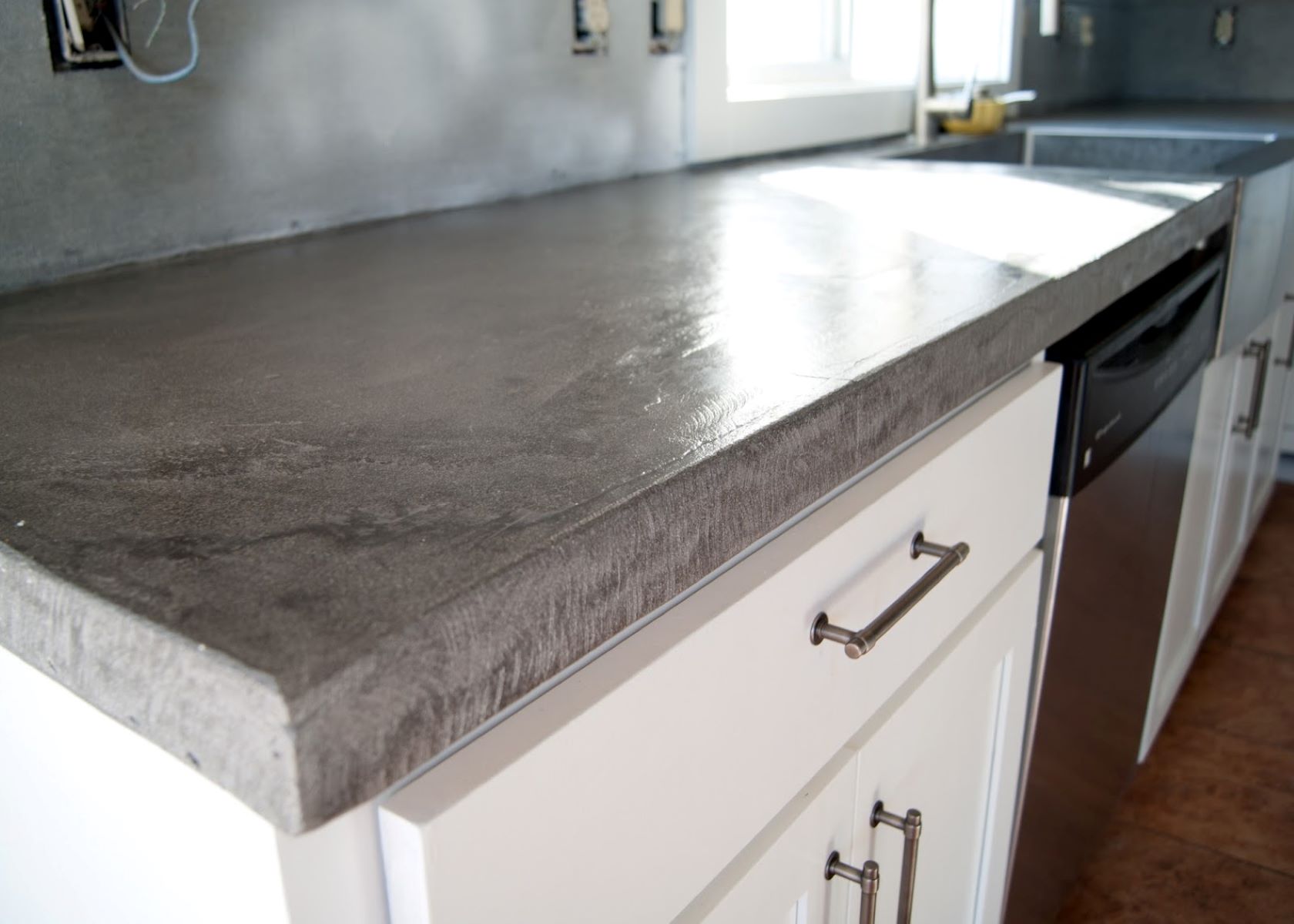
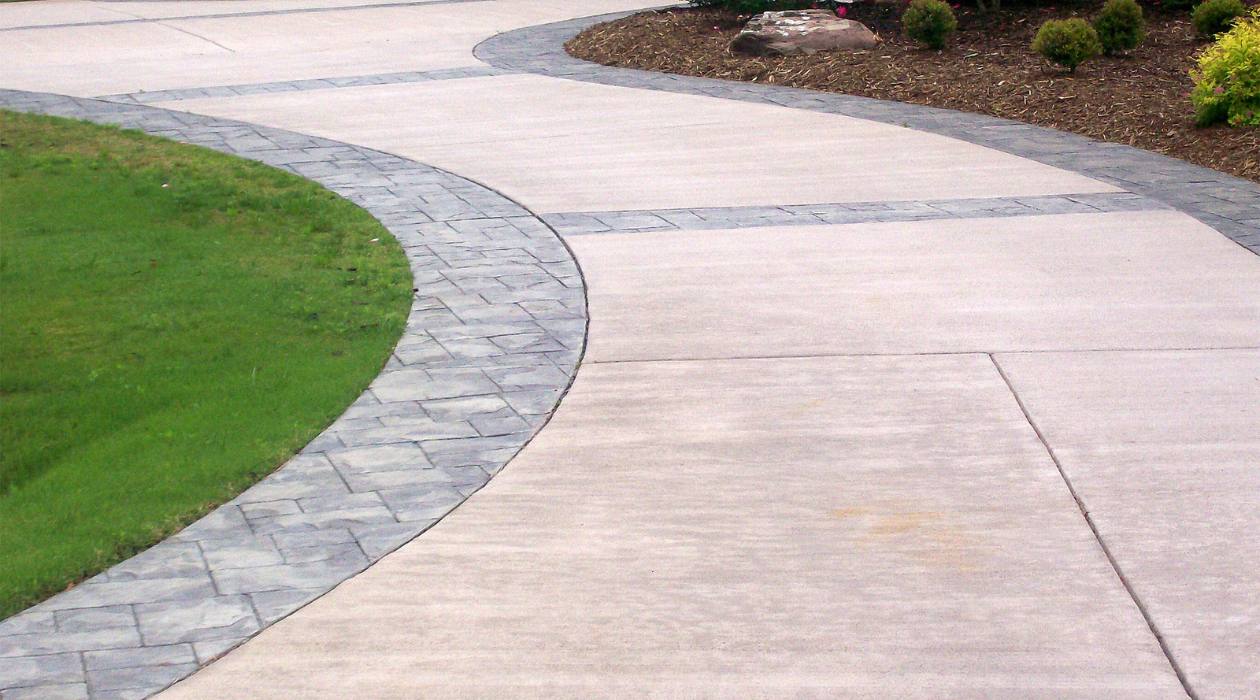
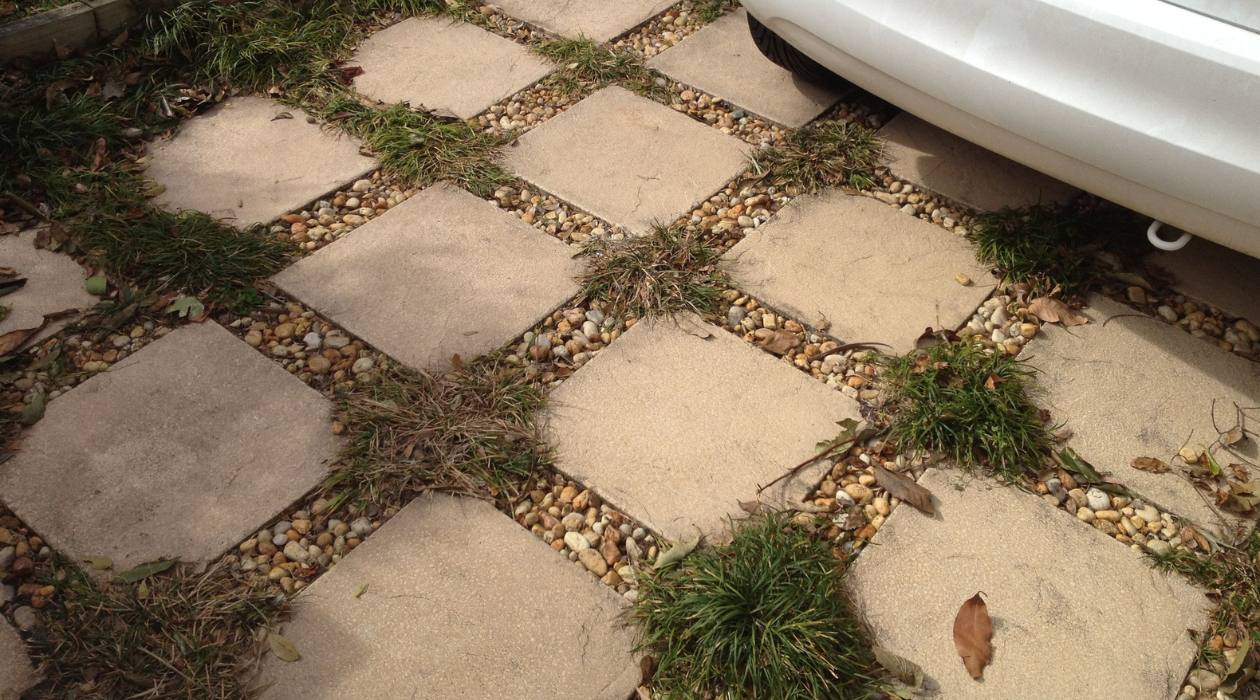
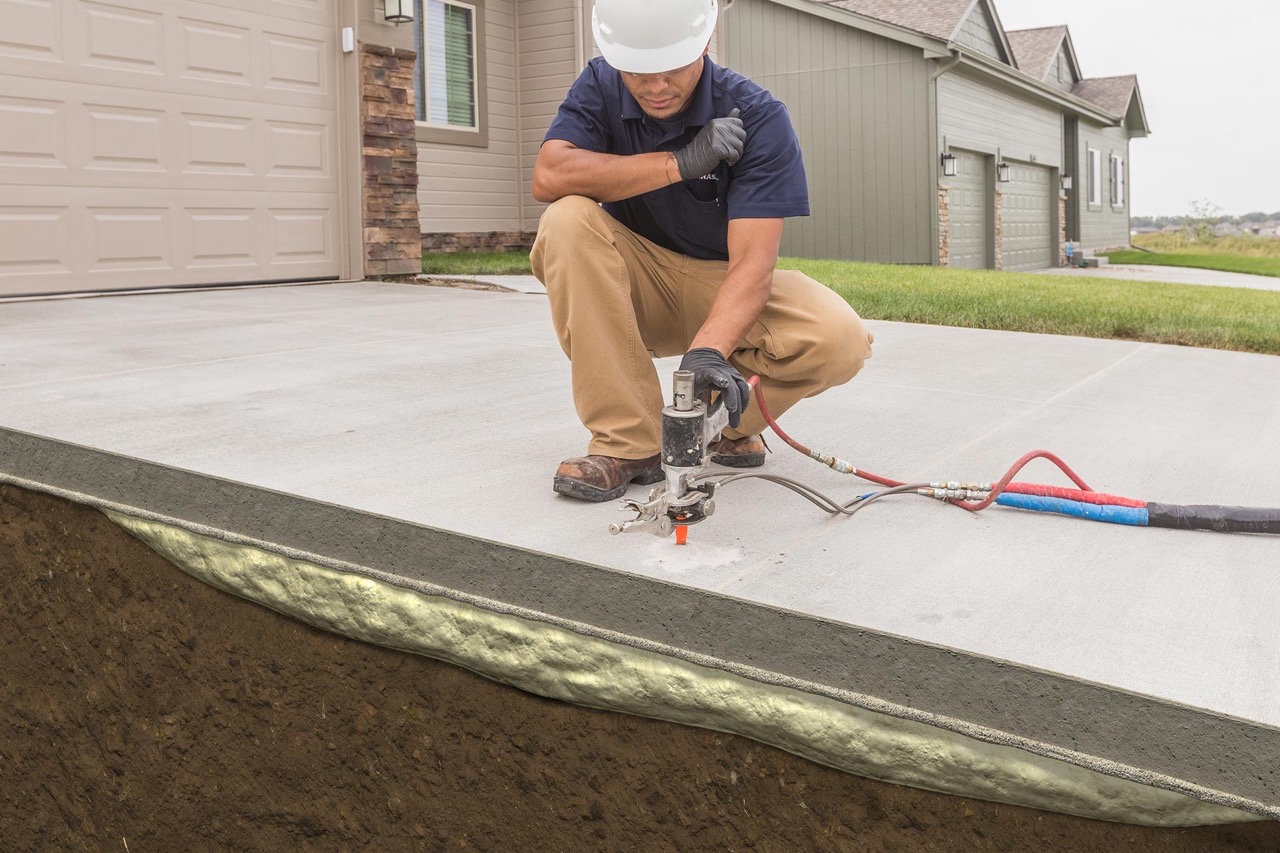
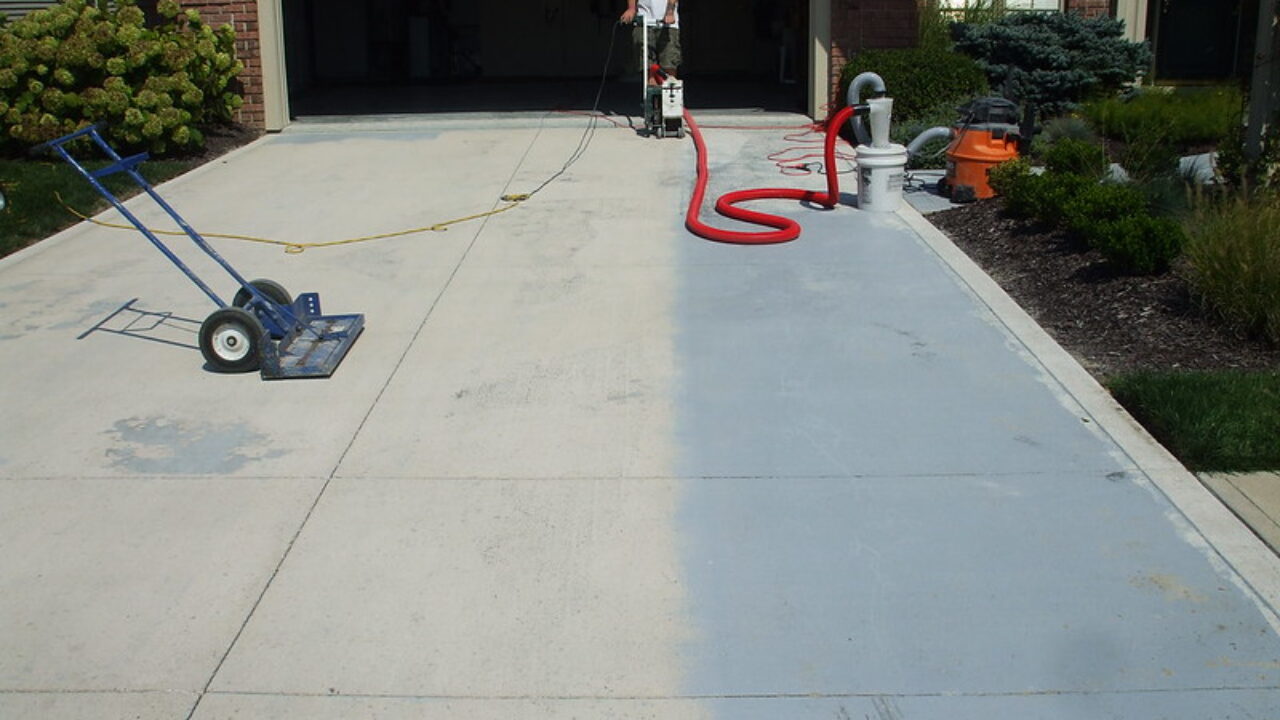
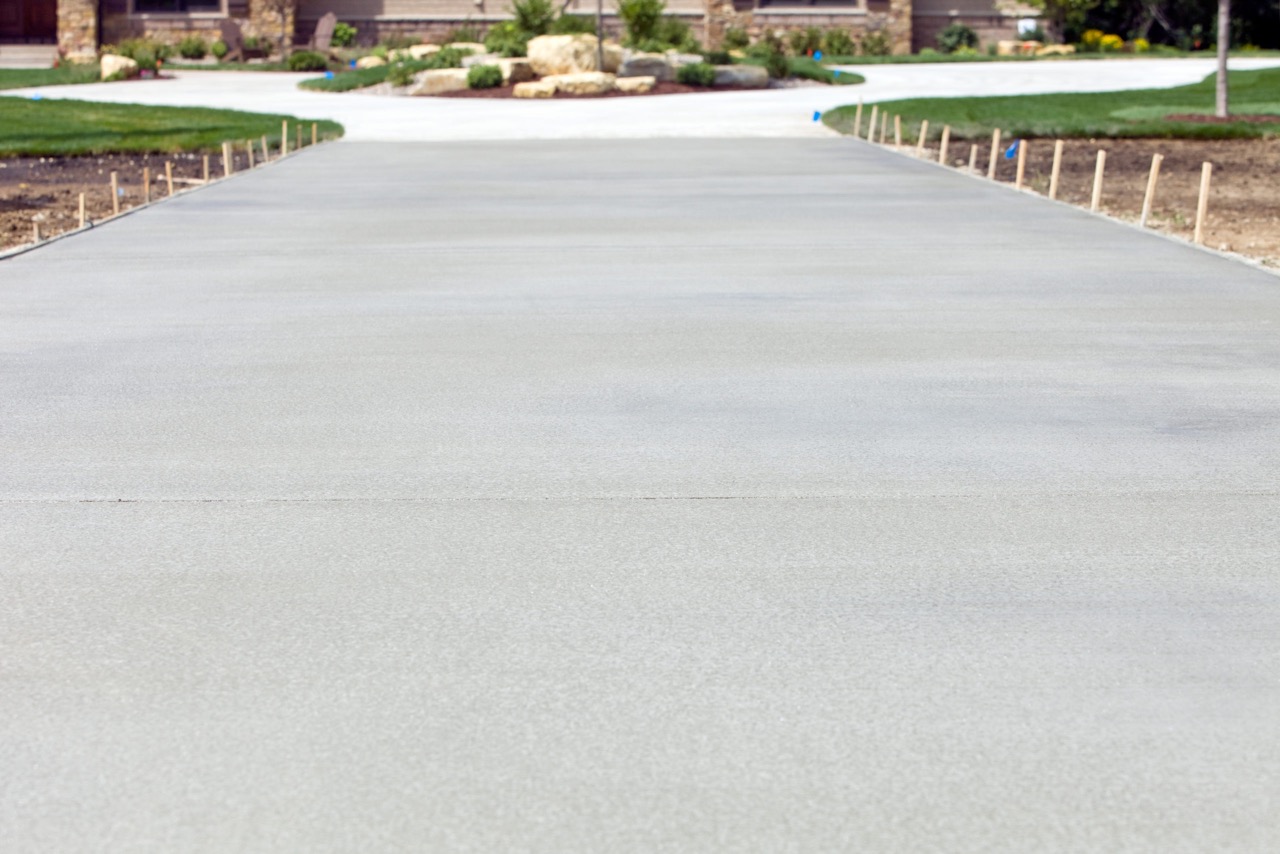
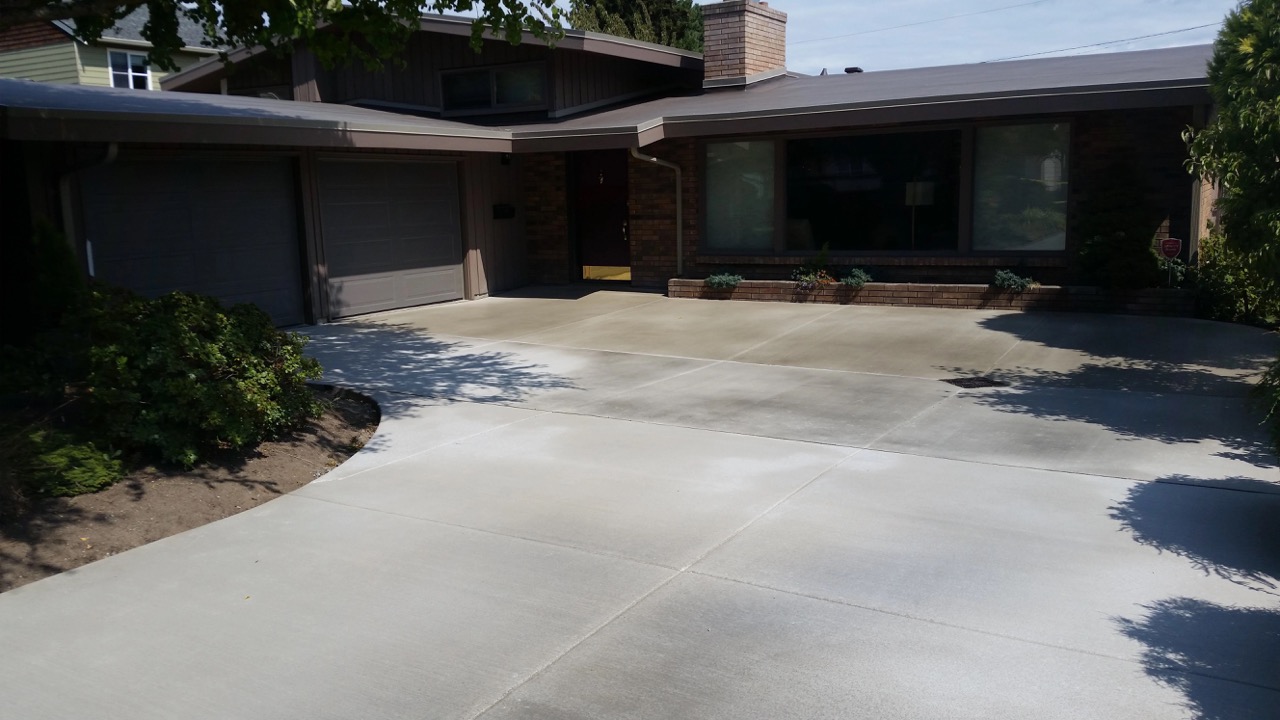
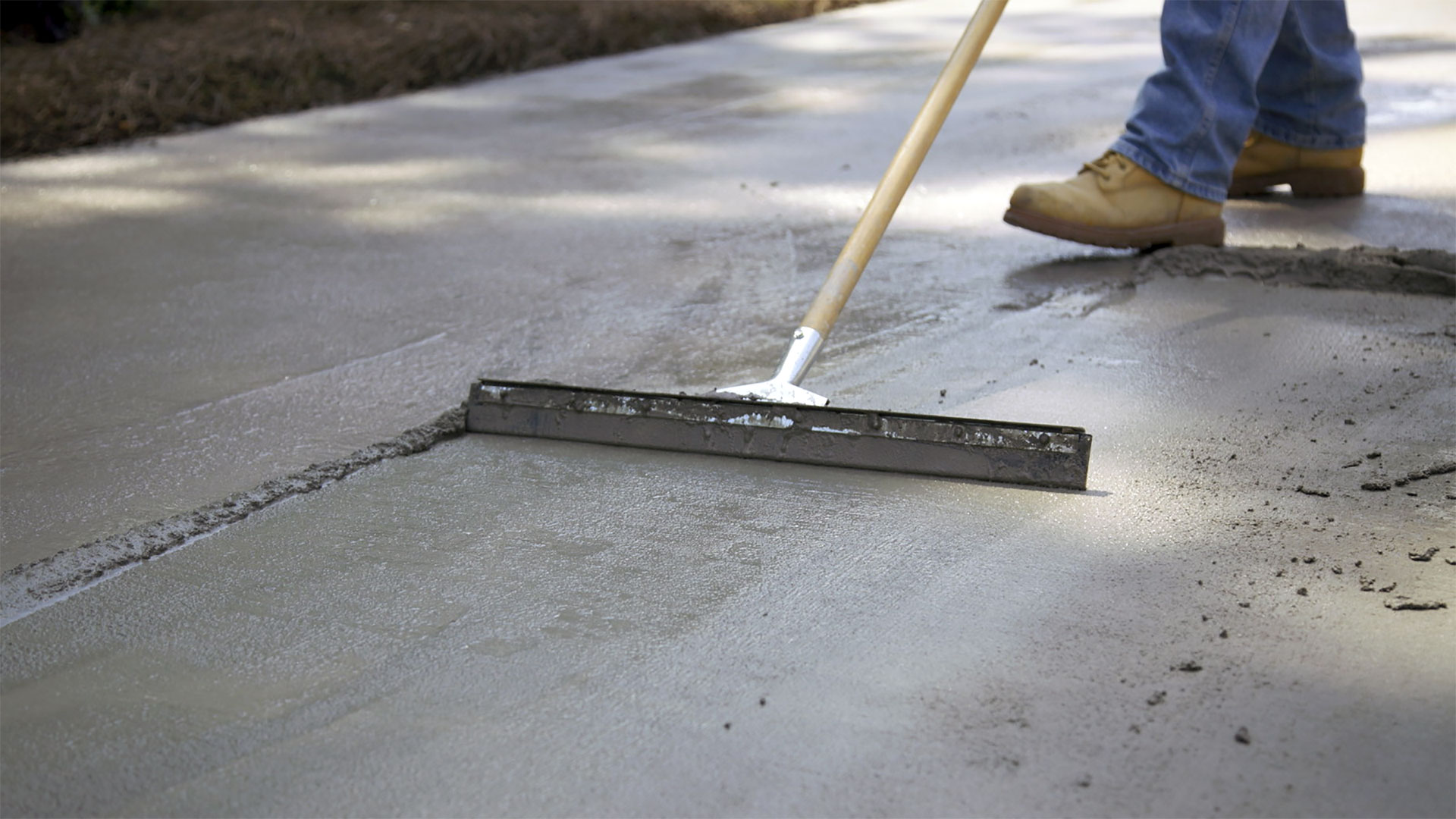
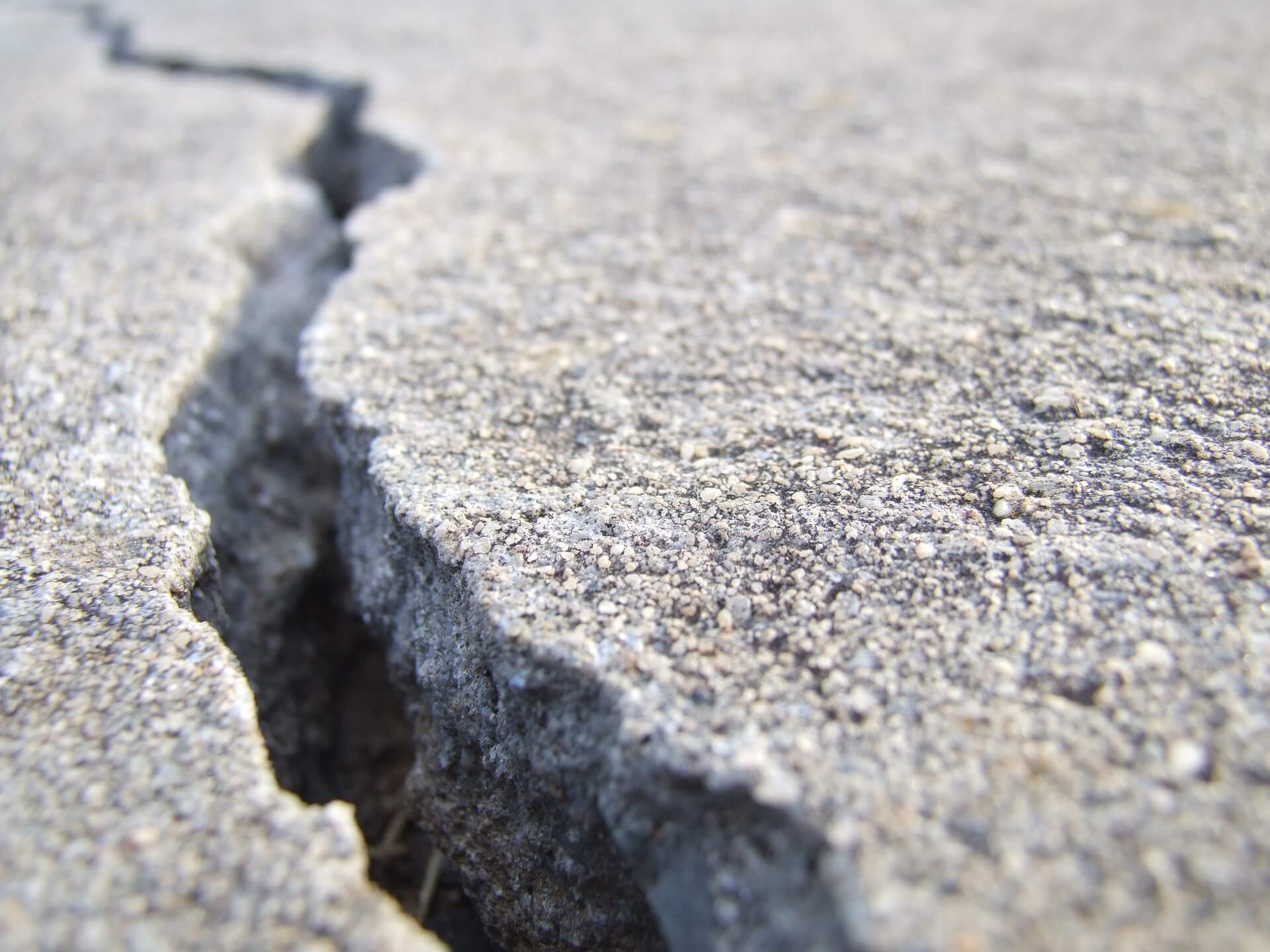
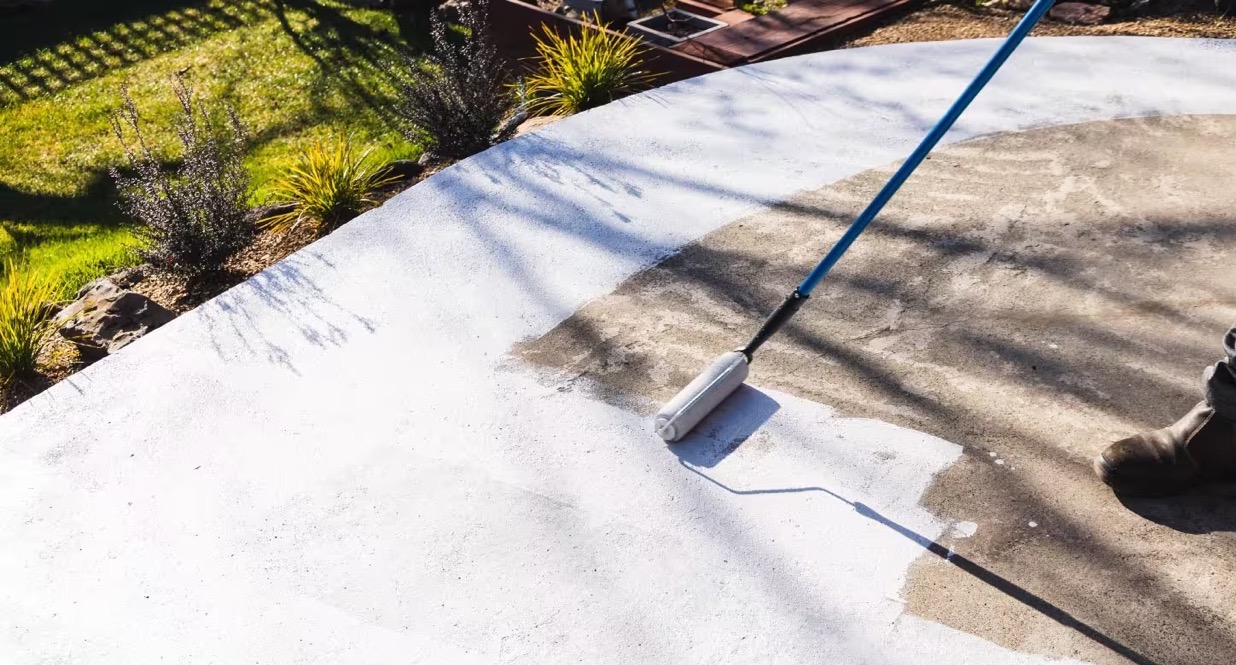
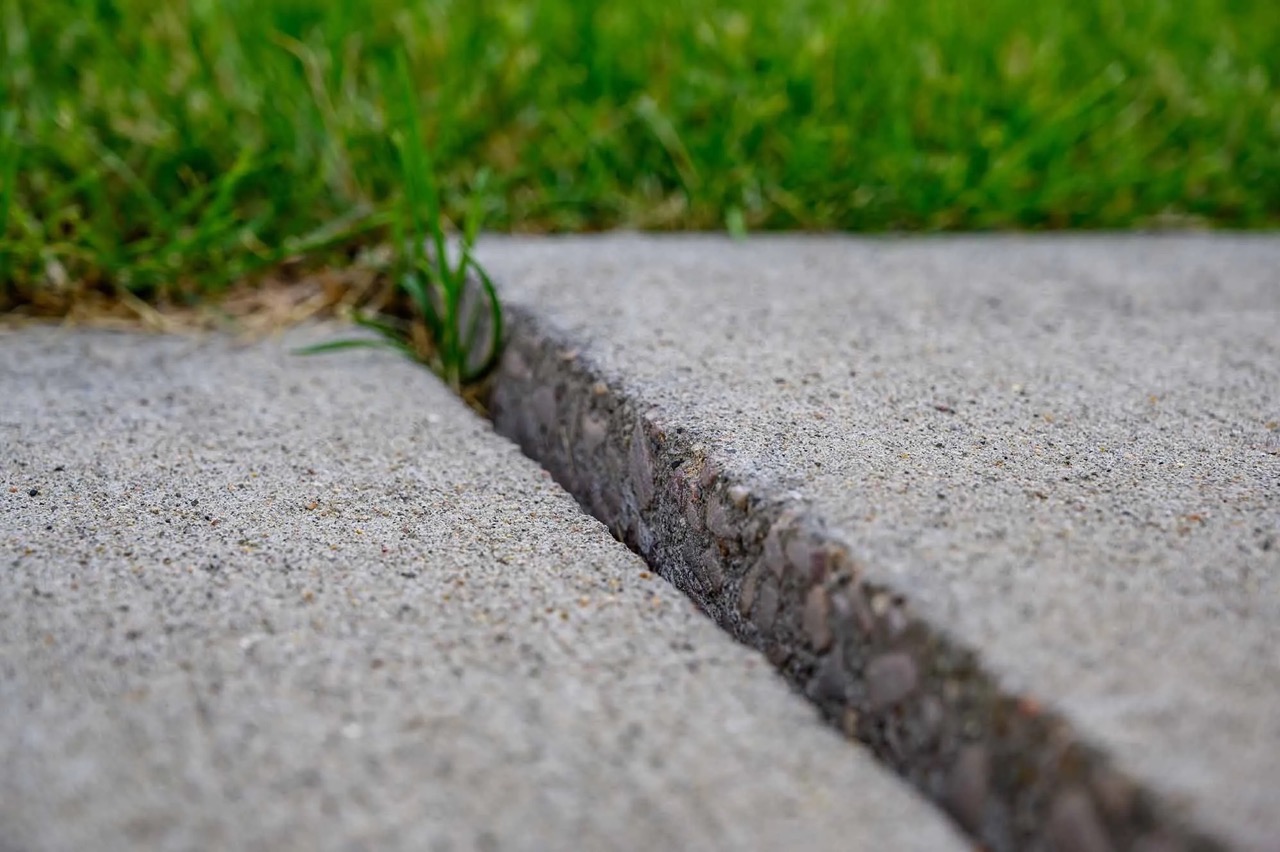
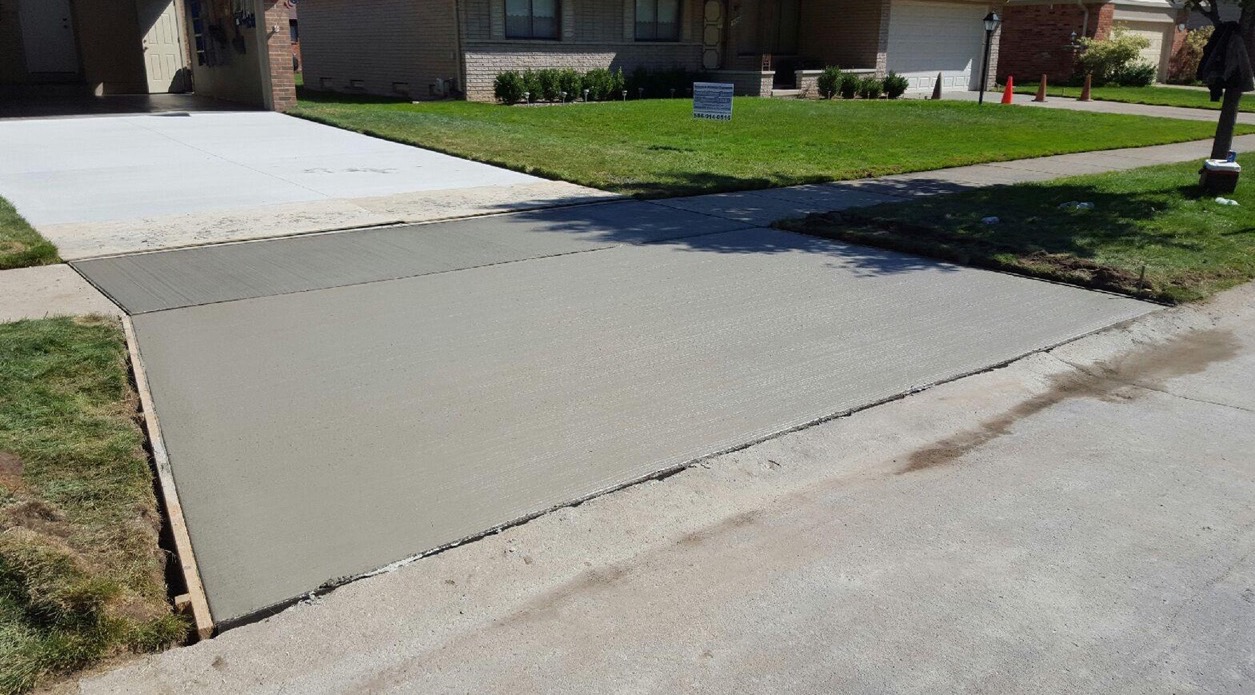
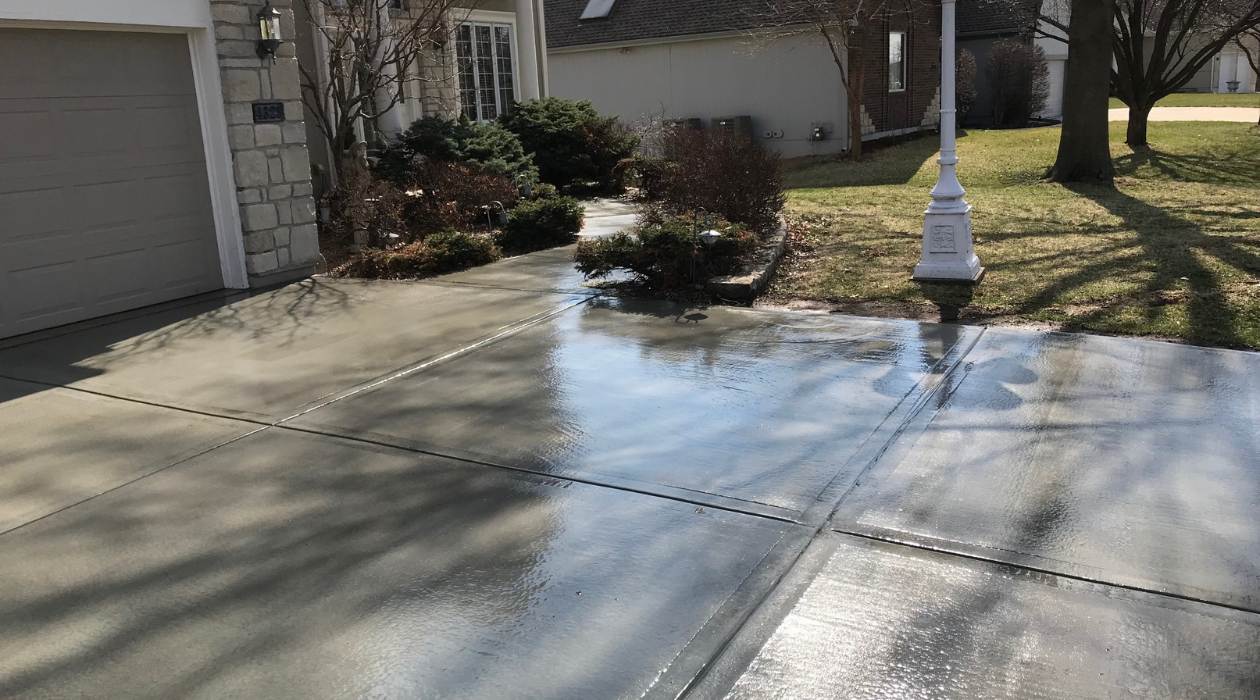
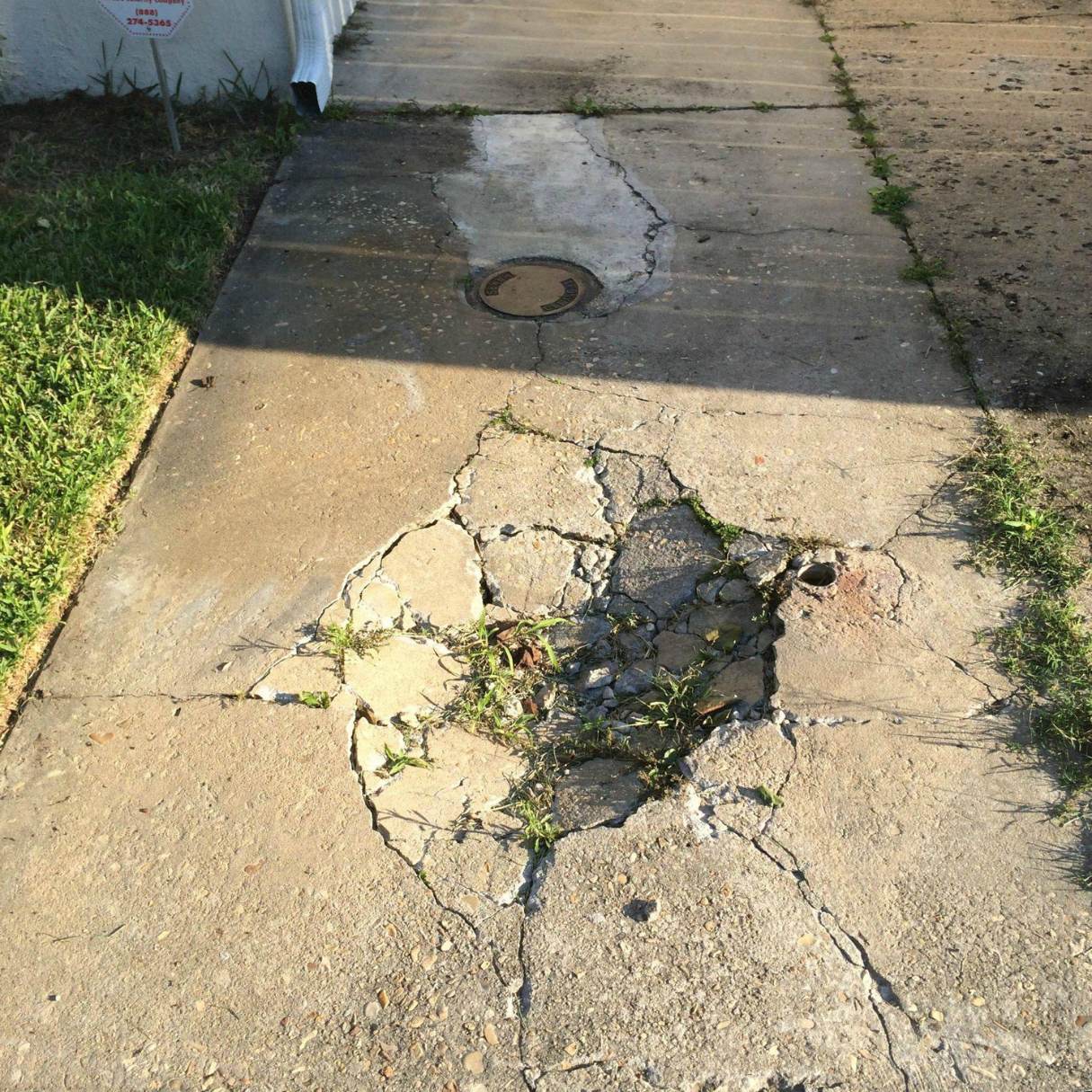

0 thoughts on “What Type Of Concrete Is Best For A Driveway”